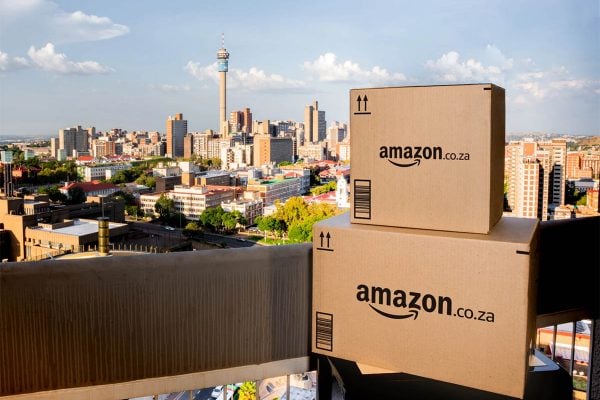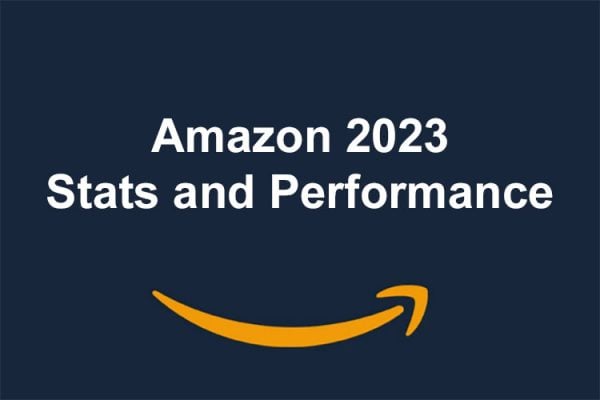The addition of GST (Goods and Sales Tax) to all goods imported into Australia by any company with a turnover of $75k AUD comes into force on July 1st. It has been dubbed the ‘Amazon Tax’. (Find out more about the GST here.)
The retailer and marketplace has responded by applying a block to all Australian shoppers visiting international Amazon sites. People located in Australia who want to make a purchase will be redirected to Amazon.com.au. We wrote about it yesterday: Australians will no longer be able to buy from Amazon international sites.
The subject has now become the topic of a fierce, and sometimes entertaining, political debate between the government and the opposition. Scott Morrison, the Treasurer (finance minister) of Australia attacked Amazon:
They face different sales tax and VAT rates around the world – in the UK and Canada – and they can manage that. But in this case they say they can’t. I have a simple message. If you are selling things in Australia, it is subject to tax. You don’t get a special deal because you are a big company or multinational. We won’t let that wash with this government.
– Scott Morrison, Treasurer of Australia
Morrison was also critical of his Labor opposition shadow for “whingeing when it comes to Amazon paying tax in Australia. Whose side is Bill Shorten on? Amazon or Australia?” Shorten is the Australian leader of the opposition.
Less purchasing choice means higher prices for Australian consumers at a time when they are struggling with record low wages growth and cost of living pressures.
– Andrew Leigh, Labor assistant treasurer
The debate centres on two issues. Why has Australia extended the tax? (there was previous a $1k AUD threshold.) And what is the motive for Amazon’s withdrawal?
The Australian Government obviously wants to maximise tax revenues and also protect local merchants and retailers. This law does indeed level the playing field there. However, that the tax has been billed as the ‘Amazon tax’ is testament to the fact that they had a specific target in mind.
Amazon’s reasoning is less transparent. There’s no doubt that they are technologically capable of building a system for dealing with GST, which just suggests that they won’t. What seems most likely is that, in the light of such obstacles, they have decided that the relatively small Australian market isn’t worth their while and they will be focusing resources elsewhere.
eBay on the other hand has resolutely confirmed that it remains open for business and will be building on international imports and also supporting its local merchants after the introduction of the ‘Amazon tax’. They have developed a system that will collect GST from sellers and remit that to the Australian Taxation Office.
We know how Australians value the global as well as the local selection and we are not going to turn off the global selection as a way of complying with the tax. We have worked really hard to have a solution in place by July 1.
– Tim MacKinnon, MD eBay Australia










